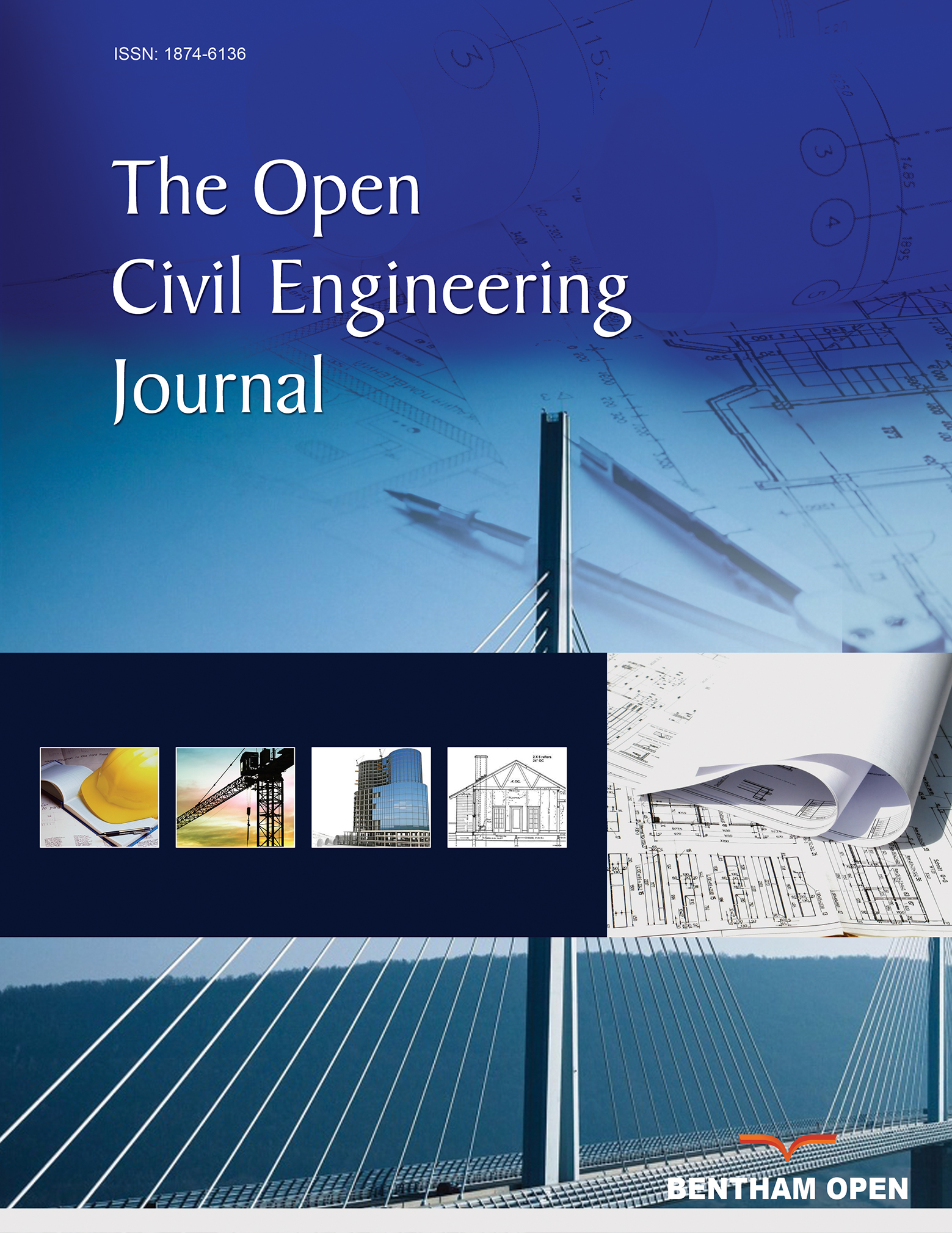All published articles of this journal are available on ScienceDirect.
Effect of Mixed Variation of Magnesium Carbonate and Bottom Ash for Stabilization of Subgrade Soils
Abstract
Introduction
Soft clay causes various problems in construction, especially in road construction. A road in Gunung Kidul Regency, D. I. Yogyakarta, is often damaged due to the clay soil. Such road damage can be prevented by stabilizing the subgrade layer using cement, lime, bitumen, fly ash-bottom ash (FABA), or other chemicals. Bottom ash is a solid waste generated from coal combustion in coal-fired power plants. It can be used as an additive in various construction applications, including soil stabilization. Magnesium carbonate is an alkaline additive used for stabilization. It is a fine powder containing alkaline chemical compounds formed through the reaction between magnesium salt and sodium bicarbonate.
Methods
This research investigated the effect of variations in the magnesium carbonate and bottom ash mixture for subgrade stabilization on soil properties such as the bearing capacity and the development of roads in Gunung Kidul Regency. Laboratory testing was conducted with a centralized mixing method using mixtures of two materials: 0% or 1.5% magnesium carbonate (MgCO3) and 0-15% bottom ash with 5% increments based on the dry weight of the soil. The testing parameters included the California bearing ratio (CBR) and the swelling potential.
Results
The results showed a significant effect of the mixes on increasing the CBR of the subgrade to comply with the requirement of CBR > 6% with CBR unsoaked of 5.17% to 47.17% and CBR soaked of 3.49% to 21.20%.


